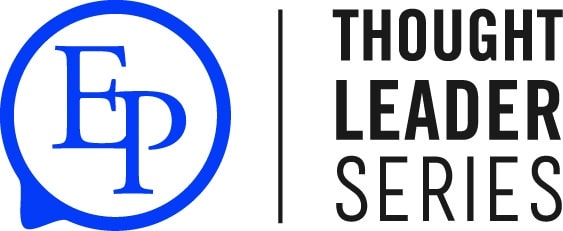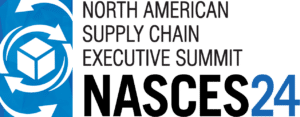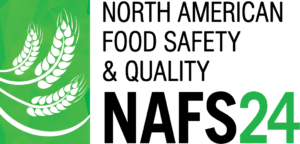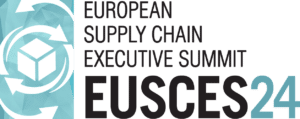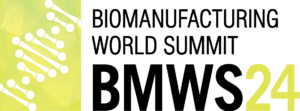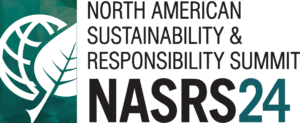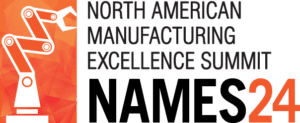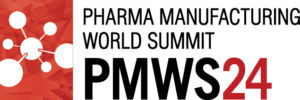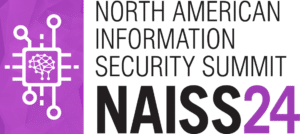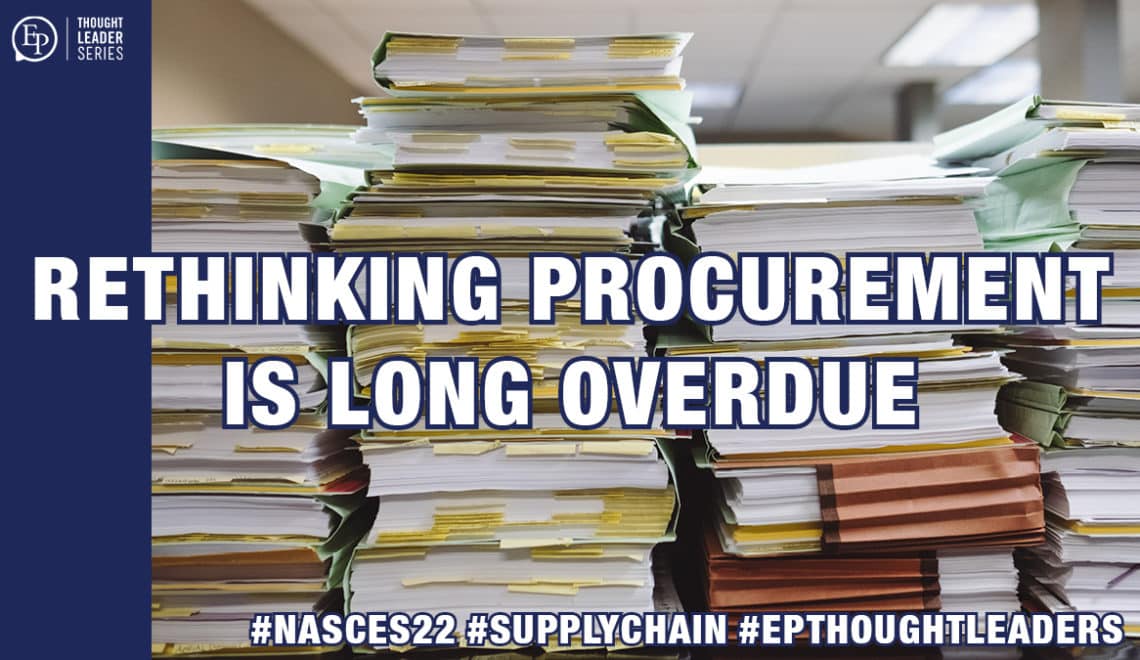
When you talk about procurement with supply chain professionals, three common themes often emerge:
- First, procurement is fundamental and foundational to how businesses operate, even if it is usually the unsung hero in the larger metaphorical cast of characters.
- Second, procurement should be talked about more often by more people throughout the supply chain organization. Many senior leaders see it as a specialized discipline where subject matter experts can build their whole careers away from the other aspects of supply chain operations, but that can lead to division, departmentalization, and a breakdown of communications.
- Third, procurement planning and processes are rooted in the tried, tested, and true. Procurement has to work or everything else stops, and for that reason, a natural conservatism and risk aversion exists among the community of procurement executives.
The merits of all three of these points can be debated, but the common thread running through all of them is that procurement should be more closely integrated within the supply chain organization as a whole, and both procurement and supply chain planning and operations would almost certainly benefit from a closer collaboration and cross-pollination of ideas.
Of course, Executive Platforms has been facilitating this ongoing conversation among supply chain thought leaders for years. Here is a wonderful conversation between SupplyChainBrain’s Robert Bowman and Allergan’s Walter Charles about how technology can transform procurement. Here is another one from a year earlier where Robert Bowman interviewed the Ford Motor Company’s Greg Hamel on how the art of indirect procurement is evolving. For the 2022 edition of the North American Supply Chain Executive Summit, we are pleased to announce a whole stream of content revolving around strategic procurement will be built into the agenda. Still, there is an opportunity to do so much more, and it starts by focusing on what we actually want to achieve.
Here are some questions to ask about how your supply chain organization thinks about procurement:
- Who is responsible for direct and indirect procurement in your business? Do they operate in a silo relative to other parts of the supply chain organization? What relationship do they have with senior leadership? What parts of strategic and tactical planning are they involved in closely, which are they kept in the loop on, and which are viewed as outside their purview?
- While all supply chains hope to be proactive and work hard to understand risk such that their sometimes-necessary reactive responses can be described as examples of ‘flexibility’ and ‘agility,’ the procurement piece of the process is one of the most vulnerable to unexpected disruption. Who is in charge of changing procurement planning on the fly? How much access does that person have to the same information and resources as the larger supply chain’s leadership? Is there at any point a disconnect where autonomy to solve a problem with expertise can be mistaken for being left alone to handle one piece of a larger puzzle?
- What has changed about the people, processes, and technology who handle procurement within your organization in the last few years? Would you say the procurement team has seen as much transformation as other parts of the supply chain organization shaped by the Digital Revolution and the global pandemic? If they have experienced more or less, how would you account for the difference?
- The ongoing global supply chain disruptions as a result of COVID-19 has given most organizations a mandate to rethink their procurement policies. How has your supply chain organization approached this? How were old ideas and standard operating procedures re-examined, how have the conclusions of that review been supported and implemented, and how are the qualitative and quantitative benefits of the changes being measured and recorded?
- Is procurement a necessary skillset for a supply chain senior leader within your organization? Do executives spend time working on procurement as they build a well-rounded CV, or is the work of procurement viewed as a specialization that not everyone needs to know to gain seniority? Whatever the answer to that question may be, is that response based on a conscious decision by the supply chain organization’s senior leadership, or is it something that was determined organically and culturally?
—

Geoff Micks
Head of Content & Research
Executive Platforms
Geoff joined the industry events business as a conference producer in 2010 after four years working in print media. He has researched, planned, organized, run, and contributed to more than a hundred events across North America and Europe for senior leaders, with special emphasis on the energy, mining, manufacturing, maintenance, supply chain, human resources, pharmaceutical, food and beverage, finance, and sustainability sectors. As part of his role as Head of Content & Research, Geoff hosts Executive Platforms’ bluEPrint Podcast series as well as a weekly blog focusing on issues relevant to Executive Platforms’ network of business leaders.
Geoff is the author of five works of historical fiction: Inca, Zulu, Beginning, Middle, and End. The New York Times and National Public Radio have interviewed him about his writing, and he wrote and narrated an animated short for Vice Media that appeared on HBO. He has a BA Honours with High Distinction from the University of Toronto specializing Journalism with a Double Minor in History and Classical Studies, as well as Diploma in Journalism from Centennial College.
